Home>Gardening & Outdoor>Landscaping Ideas>How Long Does It Take For Bermuda Grass To Grow From Seed
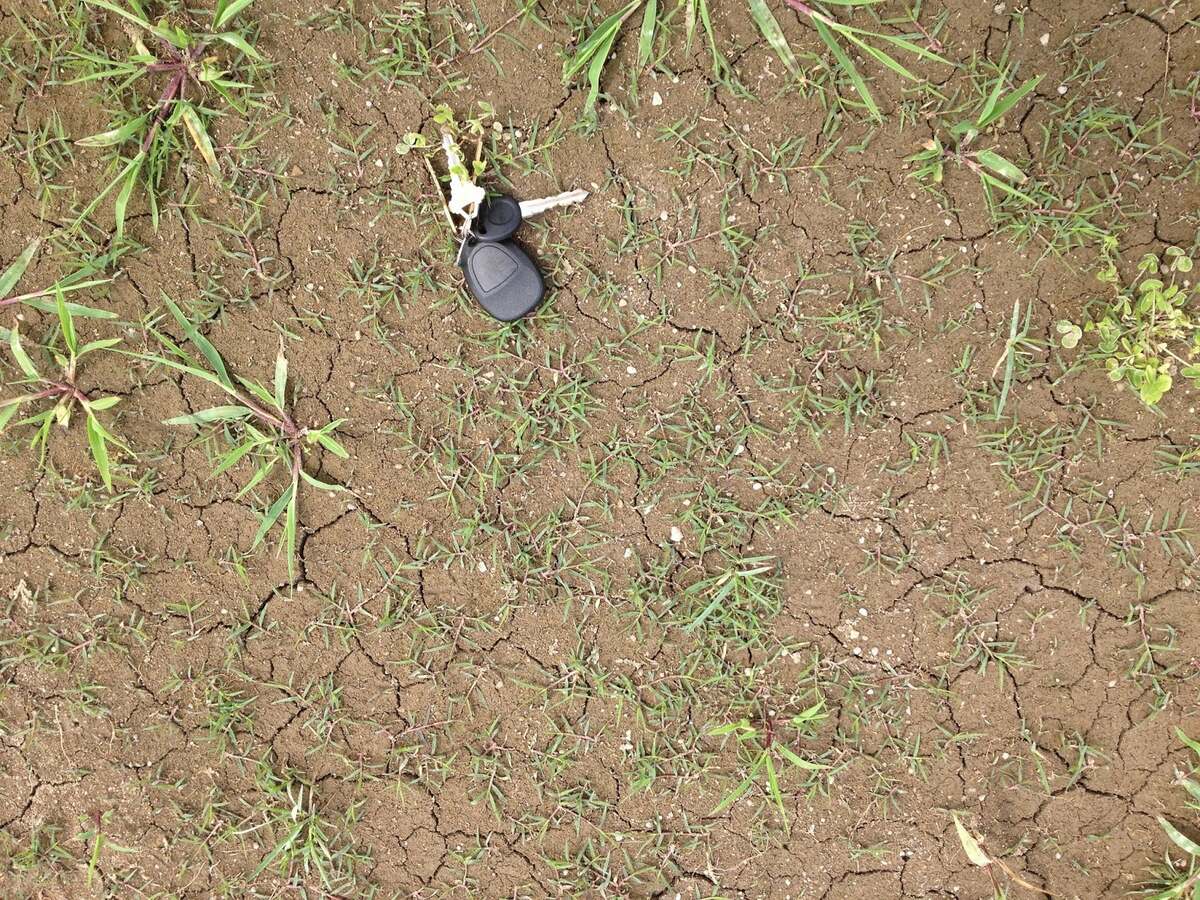

Landscaping Ideas
How Long Does It Take For Bermuda Grass To Grow From Seed
Modified: September 2, 2024
Learn about the growth timeline for Bermuda grass from seed and get landscaping ideas to nurture its development. Discover expert tips for a thriving lawn.
(Many of the links in this article redirect to a specific reviewed product. Your purchase of these products through affiliate links helps to generate commission for Storables.com, at no extra cost. Learn more)
**
Introduction
**
Bermuda grass is a popular choice for lawns, parks, and athletic fields due to its resilience and vibrant green hue. If you're considering growing Bermuda grass from seed, it's essential to understand the process and the factors that influence its growth. This versatile grass species has specific requirements for successful germination and establishment, and by delving into its growth dynamics, you can ensure a lush and healthy lawn.
In this comprehensive guide, we'll explore the intricacies of Bermuda grass growth from seed, including the germination period, ideal conditions for growth, and the necessary steps for successful establishment. By gaining a deeper understanding of Bermuda grass and its growth requirements, you'll be well-equipped to cultivate a thriving lawn that enhances the beauty of your outdoor space. Let's embark on this enlightening journey into the world of Bermuda grass growth and discover the secrets to nurturing a vibrant and resilient lawn from seed.
**
Key Takeaways:
- Bermuda grass seeds typically germinate within 7 to 21 days under warm soil temperatures and consistent moisture. High-quality seeds and proper planting depth are crucial for successful germination.
- Creating ideal conditions for Bermuda grass seed growth involves warm soil temperatures, adequate moisture, sunlight exposure, and quality seed selection. Following essential steps and maintenance practices ensures the development of a lush and enduring lawn.
Read more: How Long Does Bermuda Grass Take To Grow
Understanding Bermuda Grass
**
Bermuda grass, scientifically known as Cynodon dactylon, is a warm-season grass renowned for its exceptional tolerance to heat, drought, and foot traffic. This resilient grass species thrives in regions with hot summers and mild winters, making it a popular choice for lawns, golf courses, and sports fields in such climates. Bermuda grass is characterized by its fine texture, vibrant green color, and rapid growth, making it an attractive option for those seeking a lush and durable lawn.
One of the key attributes of Bermuda grass is its aggressive growth habit, which allows it to quickly fill in bare spots and recover from damage. This rapid spreading nature, facilitated by aboveground runners called stolons and belowground stems known as rhizomes, contributes to its ability to create a dense and resilient turf. Additionally, Bermuda grass exhibits excellent salt tolerance, making it suitable for coastal areas where salt spray may pose a challenge for other grass species.
Furthermore, Bermuda grass is known for its low water requirements once established, making it an efficient choice for water-conscious landscaping. Its deep root system enables it to access moisture from the soil, enhancing its ability to withstand periods of drought. This adaptability to various environmental conditions underscores the resilience and versatility of Bermuda grass as a top choice for lawns and recreational areas.
Understanding the inherent characteristics of Bermuda grass is crucial for successful cultivation from seed. By recognizing its growth patterns, environmental preferences, and unique attributes, you can create an optimal environment for its development and ensure the establishment of a vibrant and enduring lawn.
**
Factors Affecting Bermuda Grass Growth
**
Several factors play a pivotal role in influencing the growth and development of Bermuda grass. By comprehending these influential elements, you can effectively nurture the grass from seed and foster its optimal growth. Understanding the interplay of these factors is essential for creating an environment conducive to Bermuda grass establishment and long-term vitality.
- Climate: Bermuda grass thrives in warm climates with ample sunlight. It exhibits exceptional heat tolerance and requires a minimum of 8 hours of direct sunlight daily for robust growth. Additionally, it is well-suited to regions with mild winters, as frost can impede its growth and cause dormancy.
- Soil Type: The soil composition significantly impacts Bermuda grass growth. It prefers well-draining soil with good aeration and is adaptable to a wide range of soil types, including sandy, loamy, and clay soils. Soil pH levels between 6.5 and 7.0 are ideal for optimal growth.
- Water Availability: Adequate water is crucial for Bermuda grass establishment, particularly during the germination and early growth stages. Once established, it displays moderate drought tolerance and can survive with minimal watering, making it an efficient choice for water-conscious landscapes.
- Nutrient Levels: Proper soil fertility is essential for Bermuda grass growth. It benefits from regular fertilization to ensure adequate levels of essential nutrients, including nitrogen, phosphorus, and potassium. Balanced fertilization promotes vigorous growth and vibrant green coloration.
- Maintenance Practices: Regular mowing, aeration, and dethatching contribute to the health and vigor of Bermuda grass. Appropriate maintenance practices ensure that the grass can spread effectively and maintain a dense turf, enhancing its resilience and visual appeal.
By considering and addressing these influential factors, you can create an environment that fosters the robust growth and vitality of Bermuda grass. This understanding serves as a foundation for implementing tailored strategies to optimize the conditions for Bermuda grass seed germination and establishment, ultimately leading to the development of a lush and enduring lawn.
**
Germination Period of Bermuda Grass Seed
**
The germination period of Bermuda grass seed is a critical phase in the establishment of a vibrant and resilient lawn. Understanding the timeline and intricacies of this process is essential for effectively nurturing the seeds and facilitating successful germination. The germination period encompasses the duration from seed planting to the emergence of the first seedlings, marking the initial stages of Bermuda grass growth.
Typically, Bermuda grass seeds germinate within 7 to 21 days under optimal conditions. However, several factors can influence the germination period, including soil temperature, moisture levels, and the quality of the seed. Warm soil temperatures ranging between 75°F and 90°F are conducive to prompt germination, accelerating the emergence of seedlings and promoting uniform establishment.
Moisture plays a pivotal role in initiating the germination process. Adequate and consistent moisture levels are essential to support the swelling and sprouting of Bermuda grass seeds. To ensure successful germination, it is crucial to keep the soil consistently moist but not waterlogged during this phase. Proper irrigation practices and monitoring of soil moisture levels are imperative to facilitate the germination of Bermuda grass seeds.
The quality of the seed also influences the germination period, with high-quality seeds exhibiting superior viability and germination rates. When selecting Bermuda grass seed, opt for reputable sources and prioritize certified seeds to maximize the likelihood of successful germination and robust establishment.
Furthermore, the depth at which the seeds are planted can impact the germination period. Bermuda grass seeds should be sown at a depth of approximately 1/8 to 1/4 inch in finely prepared soil to optimize soil-seed contact and promote efficient germination.
By acknowledging the factors that influence the germination period and implementing tailored strategies to support the process, you can effectively manage the critical phase of Bermuda grass seed germination. This insight empowers you to create an environment that nurtures the emergence of healthy seedlings, setting the stage for the development of a lush and resilient Bermuda grass lawn.
**
Bermuda grass typically takes 7-10 days to germinate from seed, but it can take up to 2-4 weeks for the grass to establish and grow to a mowing height. Keep the soil consistently moist during this time for best results.
Ideal Conditions for Bermuda Grass Seed Growth
**
Creating ideal conditions for Bermuda grass seed growth is paramount to fostering successful germination and establishing a thriving lawn. By optimizing the environmental factors that influence seed development, you can maximize the likelihood of robust growth and the formation of a lush and resilient turf. Understanding the ideal conditions for Bermuda grass seed growth empowers you to tailor your approach and create an environment conducive to the seeds’ vitality and vigor.
Optimal Soil Temperature: Warm soil temperatures are crucial for prompt and uniform Bermuda grass seed germination. Aim for soil temperatures ranging between 75°F and 90°F to facilitate the swift emergence of seedlings. Utilizing a soil thermometer can aid in monitoring and ensuring that the conditions are favorable for successful germination.
Moisture Management: Adequate and consistent soil moisture is essential to support Bermuda grass seed growth. During the germination period, maintain the soil at a consistently moist but not waterlogged state to promote the swelling and sprouting of the seeds. Proper irrigation practices, such as light and frequent watering, contribute to creating an environment conducive to successful germination.
Sunlight Exposure: Bermuda grass thrives in full sunlight and requires a minimum of 8 hours of direct sunlight daily for robust growth. Ensure that the planting area receives ample sunlight to promote the development of healthy seedlings and the establishment of a dense and vibrant lawn.
Soil Preparation: Prepare the soil thoroughly before sowing Bermuda grass seeds to optimize their growth environment. Ensure that the soil is well-draining, aerated, and free of debris to facilitate efficient seed germination and establishment. Additionally, leveling the soil surface and creating a fine seedbed promote optimal soil-seed contact, enhancing the chances of successful germination.
Quality Seed Selection: Choosing high-quality Bermuda grass seed is fundamental to achieving successful germination and robust growth. Select certified seeds from reputable sources, as they demonstrate superior viability and germination rates. Prioritizing seed quality sets the stage for the development of a vibrant and enduring Bermuda grass lawn.
By aligning with these ideal conditions and implementing tailored strategies to optimize the growth environment, you can effectively nurture Bermuda grass seeds and lay the foundation for the cultivation of a lush and resilient lawn. This understanding empowers you to create an environment that maximizes the potential for successful seed germination and the establishment of a vibrant Bermuda grass turf.
**
Steps to Successfully Grow Bermuda Grass from Seed
**
Successfully growing Bermuda grass from seed involves a series of strategic steps aimed at optimizing the germination process and nurturing the development of a vibrant and resilient lawn. By following these essential steps, you can create an environment conducive to Bermuda grass seed germination and establish a lush turf that enhances the beauty of your outdoor space. Let’s explore the key steps to successfully grow Bermuda grass from seed and cultivate a thriving lawn.
- Soil Preparation: Begin by preparing the soil to create an optimal environment for seed germination. Clear the planting area of debris, rocks, and weeds, and ensure that the soil is well-draining and free of compacted areas. Additionally, perform a soil test to assess the pH and nutrient levels, amending the soil as needed to create favorable conditions for Bermuda grass seed growth.
- Seed Sowing: Carefully sow Bermuda grass seeds at the recommended seeding rate, ensuring uniform coverage across the planting area. To promote efficient germination, sow the seeds at a depth of approximately 1/8 to 1/4 inch in finely prepared soil, facilitating optimal soil-seed contact.
- Irrigation: After sowing the seeds, lightly water the planting area to initiate the germination process. Maintain consistent soil moisture by lightly watering the area as needed, ensuring that the soil remains consistently moist but not waterlogged during the critical germination period.
- Monitoring and Maintenance: Monitor the planting area regularly to assess soil moisture levels and observe the emergence of seedlings. As the seedlings develop, gradually transition to a deeper and less frequent watering schedule to encourage the establishment of a robust root system.
- Mowing and Maintenance: Once the Bermuda grass seedlings reach a height of approximately 2 to 3 inches, initiate mowing at the recommended mowing height to promote lateral growth and the development of a dense turf. Implement regular maintenance practices, including aeration and fertilization, to support the health and vigor of the growing grass.
By diligently following these steps and providing attentive care throughout the growth process, you can successfully grow Bermuda grass from seed and establish a vibrant and enduring lawn. This systematic approach, coupled with a deep understanding of Bermuda grass growth dynamics, sets the stage for the cultivation of a lush and resilient turf that enhances the allure of your outdoor landscape.
**
Maintenance and Care for Bermuda Grass
**
Effective maintenance and care practices are essential for nurturing the health and vitality of Bermuda grass, ensuring the development of a lush and resilient lawn. By implementing targeted maintenance strategies and providing attentive care, you can optimize the growth and appearance of Bermuda grass, creating an inviting outdoor space for leisure and recreation. Let’s delve into the key maintenance and care practices that contribute to the long-term success of Bermuda grass.
- Mowing: Regular mowing is crucial for maintaining the optimal height and density of Bermuda grass. Set the mower at the recommended mowing height for Bermuda grass, typically between 1/2 to 1 1/2 inches, to promote lateral growth and a dense turf. Avoid removing more than one-third of the grass blade length in a single mowing session to prevent stress and maintain the grass’s vigor.
- Watering: Bermuda grass exhibits moderate drought tolerance once established, making it suitable for water-conscious landscapes. Water deeply but infrequently, providing approximately 1 inch of water per week during periods of insufficient rainfall. Adjust the irrigation schedule based on seasonal variations and the specific water needs of the grass, striving to maintain consistent soil moisture levels without overwatering.
- Fertilization: Implement a balanced fertilization program to supply essential nutrients for Bermuda grass growth. Apply a high-quality, slow-release fertilizer according to the recommended schedule, typically during the active growing season. Avoid excessive nitrogen fertilization, as it can lead to excessive shoot growth and potential thatch accumulation.
- Aeration: Periodic core aeration is beneficial for alleviating soil compaction and enhancing air, water, and nutrient penetration in the root zone. Conduct aeration during the growing season to promote a healthy root system and optimize the overall vigor of Bermuda grass.
- Weed Control: Vigilant weed management is essential for preserving the pristine appearance of Bermuda grass. Implement targeted weed control measures, such as pre-emergent and post-emergent herbicide applications, to mitigate weed infestations and maintain the integrity of the turf.
- Dethatching: If thatch accumulation becomes excessive, consider dethatching the lawn to prevent impediments to water and nutrient movement. Utilize dethatching equipment or manual dethatching methods to remove accumulated thatch and promote a healthy growing environment for Bermuda grass.
By adhering to these maintenance and care practices, you can foster the long-term health and vibrancy of Bermuda grass, creating a verdant and inviting landscape for relaxation and recreation. This attentive approach to maintenance ensures that Bermuda grass thrives and flourishes, enriching your outdoor space with its lush and resilient allure.
**
Conclusion
**
Embarking on the journey of growing Bermuda grass from seed unveils a captivating process that encompasses the nurturing of vibrant and resilient turf within your outdoor landscape. By gaining a profound understanding of the intricacies of Bermuda grass growth and implementing targeted strategies, you can cultivate a lush and enduring lawn that enhances the allure of your outdoor space.
From comprehending the inherent characteristics of Bermuda grass to recognizing the influential factors that shape its growth, each aspect contributes to the rich tapestry of cultivating a thriving lawn from seed. The germination period, marked by the emergence of delicate seedlings, symbolizes the commencement of a transformative journey, culminating in the formation of a vibrant and resilient Bermuda grass turf.
Creating ideal conditions for Bermuda grass seed growth and meticulously following the essential steps for successful establishment set the stage for the development of a captivating outdoor oasis. By embracing the art of maintenance and care, you can perpetuate the vitality and allure of Bermuda grass, ensuring that it flourishes and enriches your outdoor environment with its lush and inviting presence.
As you immerse yourself in the process of growing Bermuda grass from seed, you become a steward of natural beauty, nurturing the growth of a verdant and enduring landscape. The lush expanse of Bermuda grass serves as a testament to your dedication and attentiveness, creating a welcoming space for leisure, recreation, and cherished moments amidst nature’s splendor.
In the symphony of Bermuda grass growth, each step and consideration harmonizes to orchestrate a captivating and enduring landscape, a testament to the artistry of cultivation and the resilience of nature. Embrace this journey with reverence and enthusiasm, for within the verdant embrace of Bermuda grass lies a captivating narrative of growth, vitality, and the timeless allure of a thriving outdoor oasis.
Frequently Asked Questions about How Long Does It Take For Bermuda Grass To Grow From Seed
Was this page helpful?
At Storables.com, we guarantee accurate and reliable information. Our content, validated by Expert Board Contributors, is crafted following stringent Editorial Policies. We're committed to providing you with well-researched, expert-backed insights for all your informational needs.
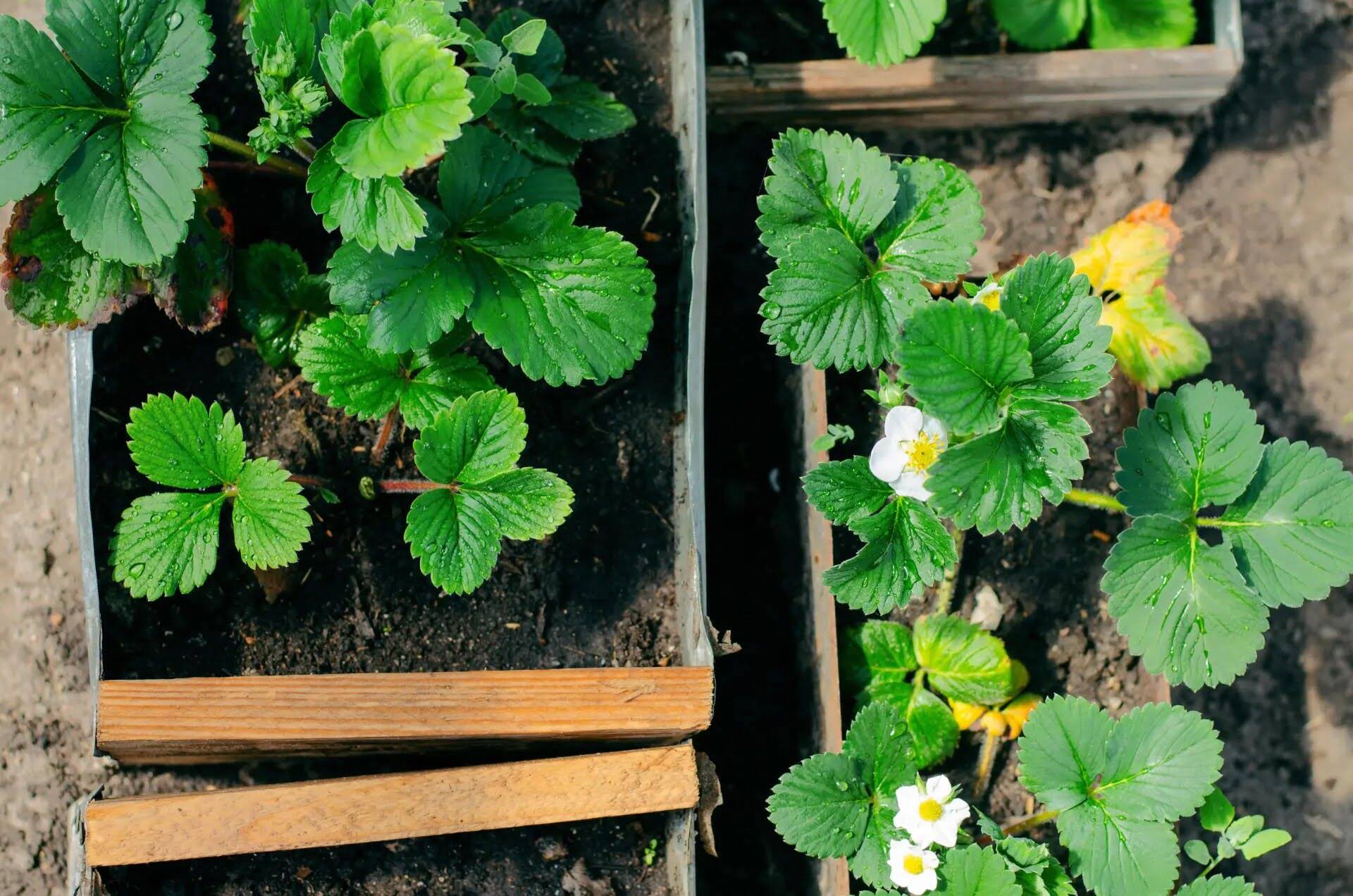

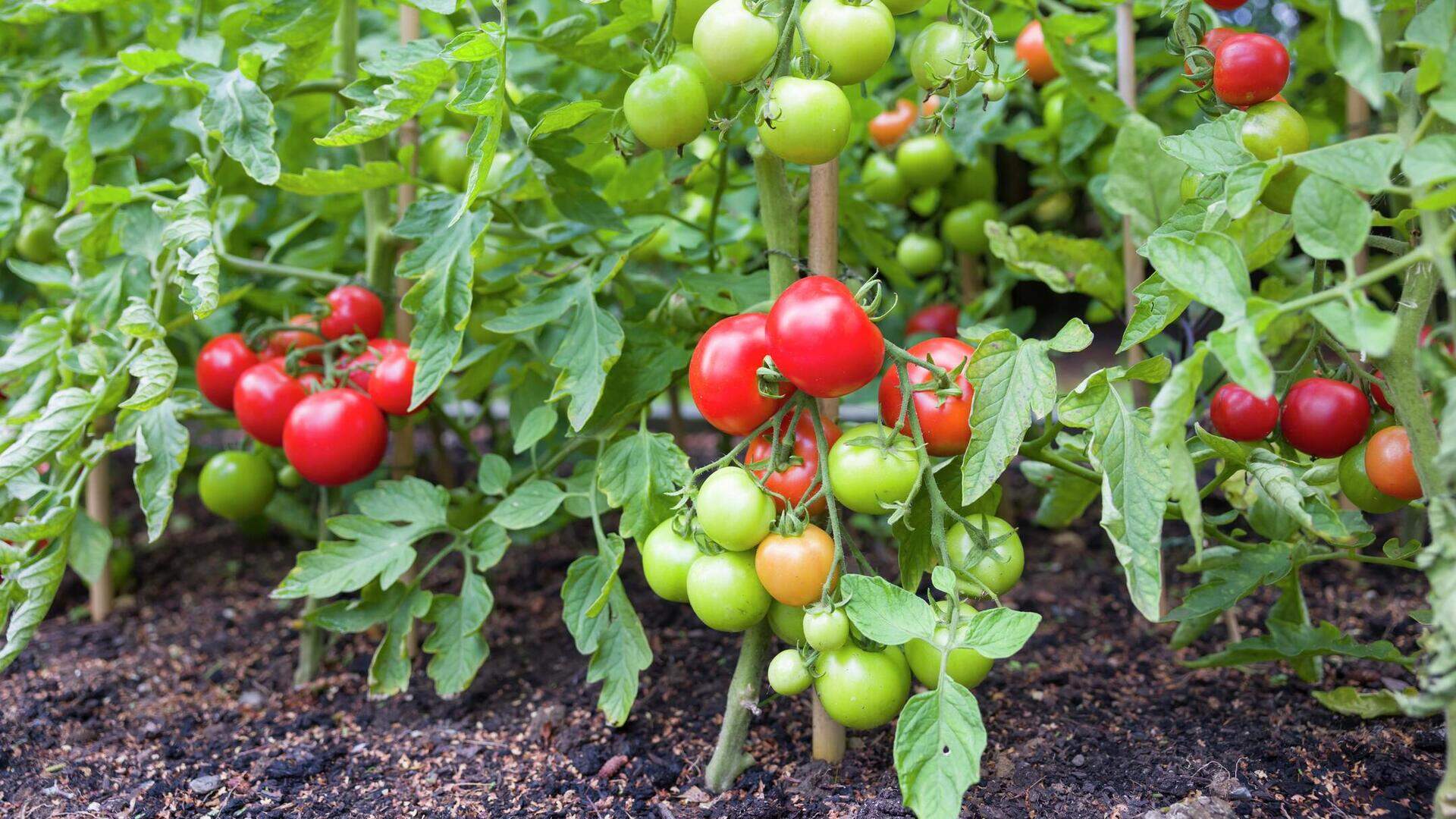
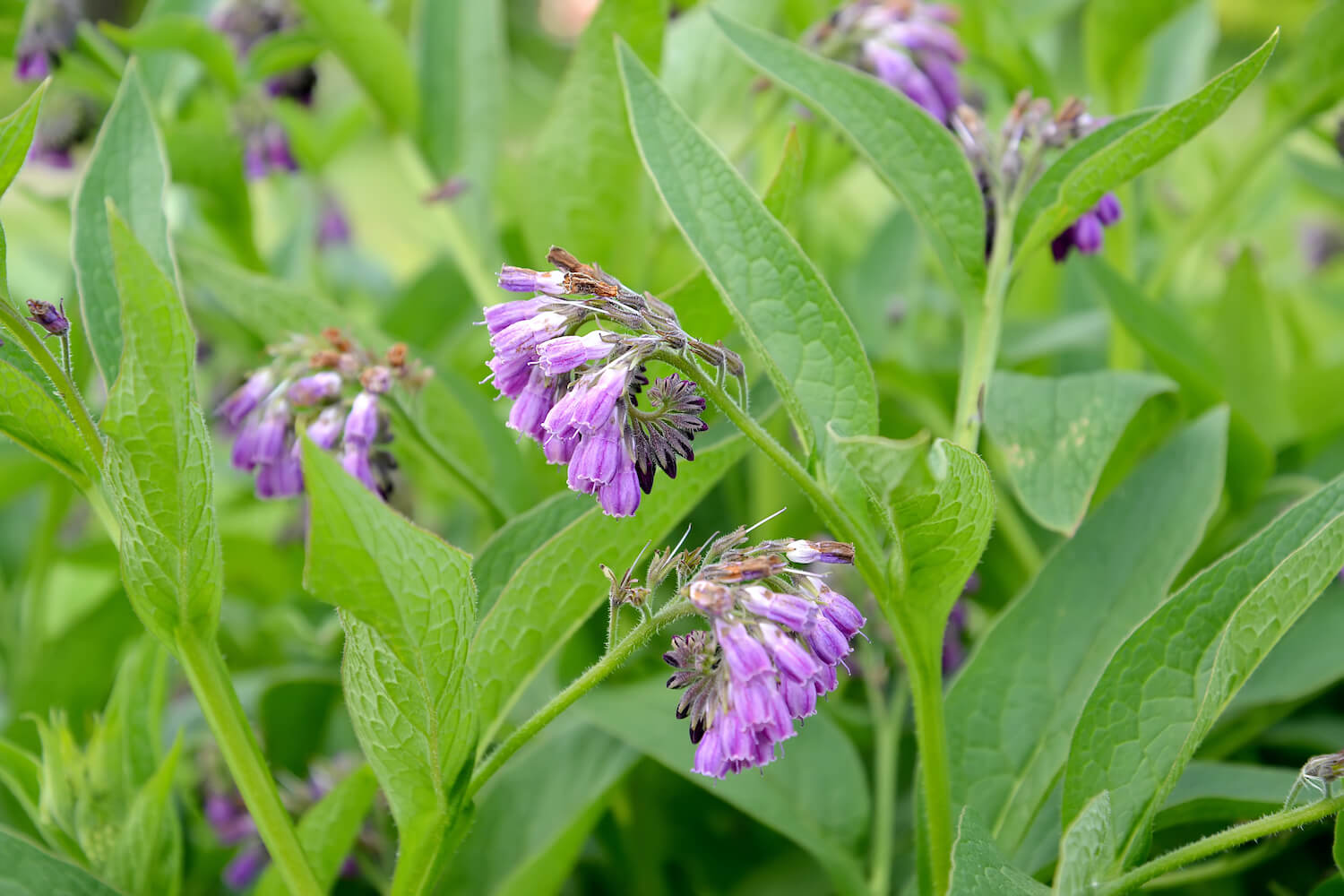
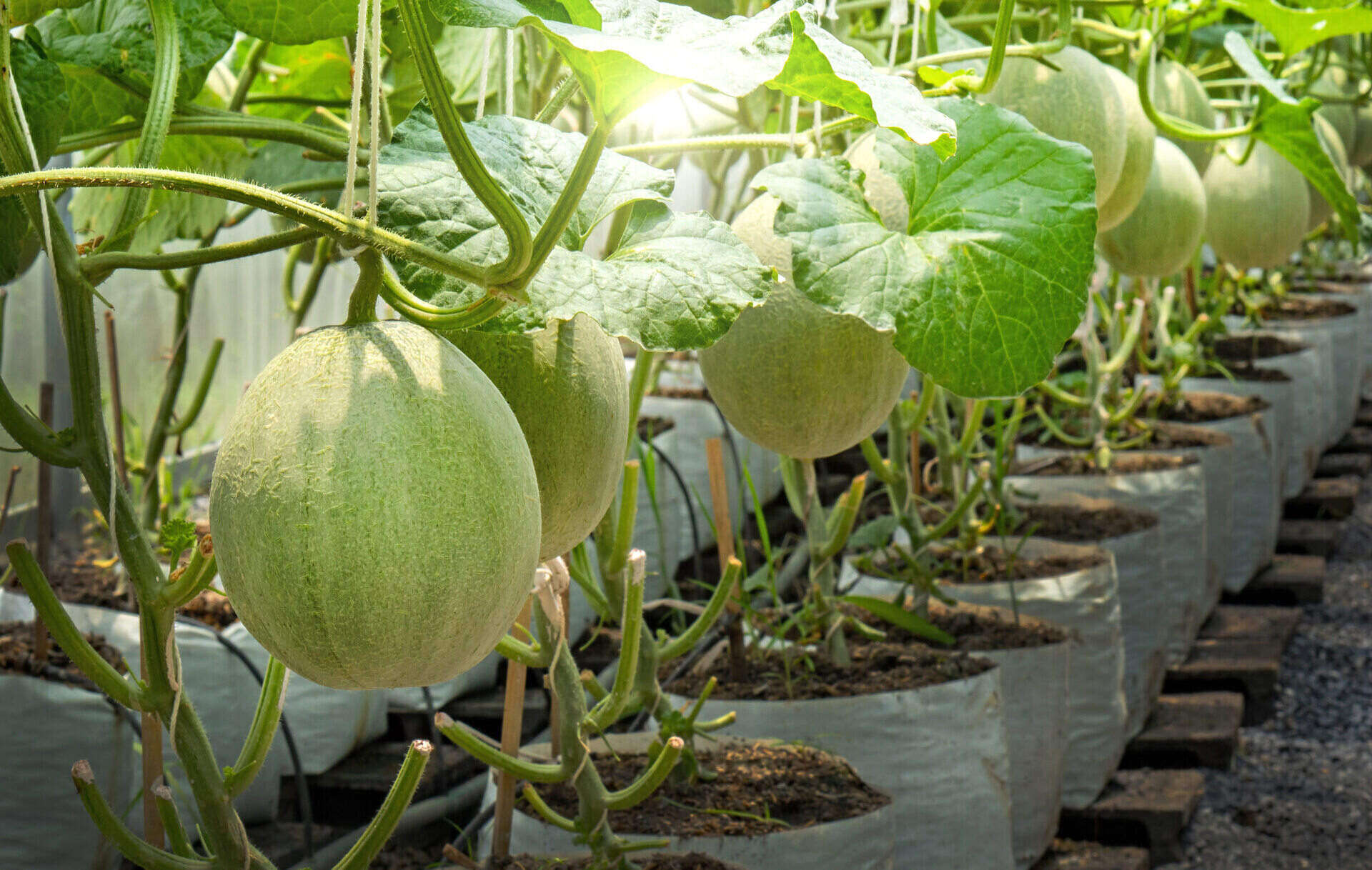
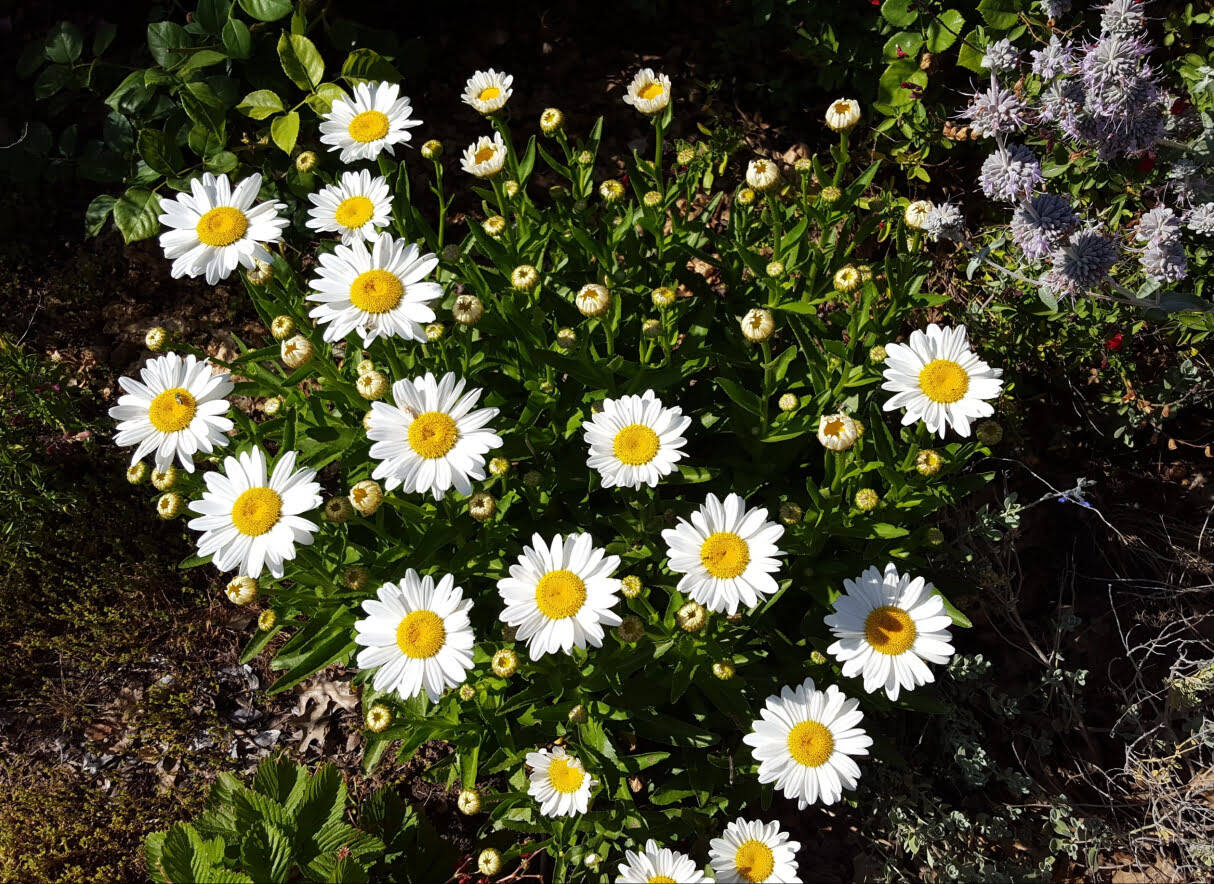
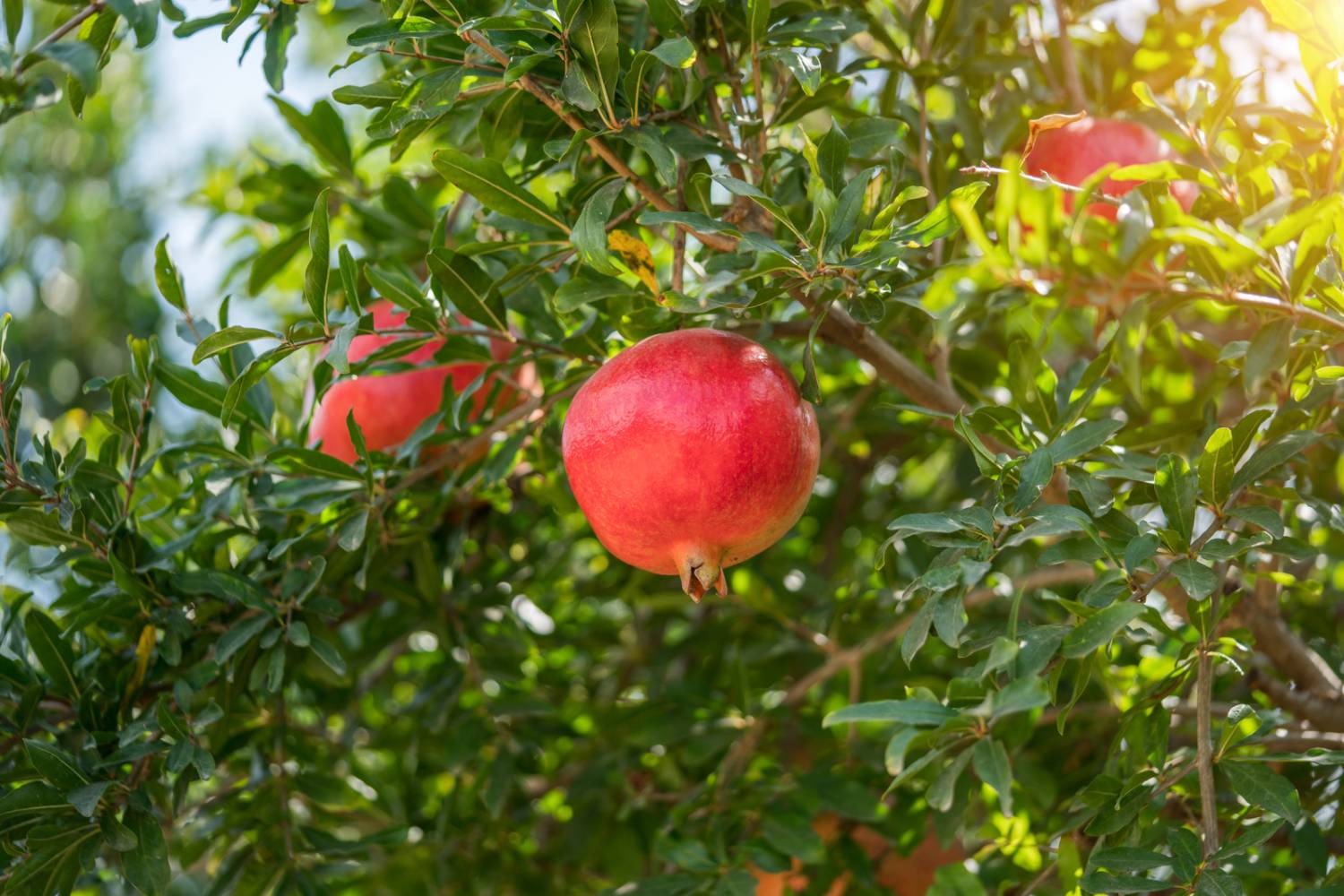
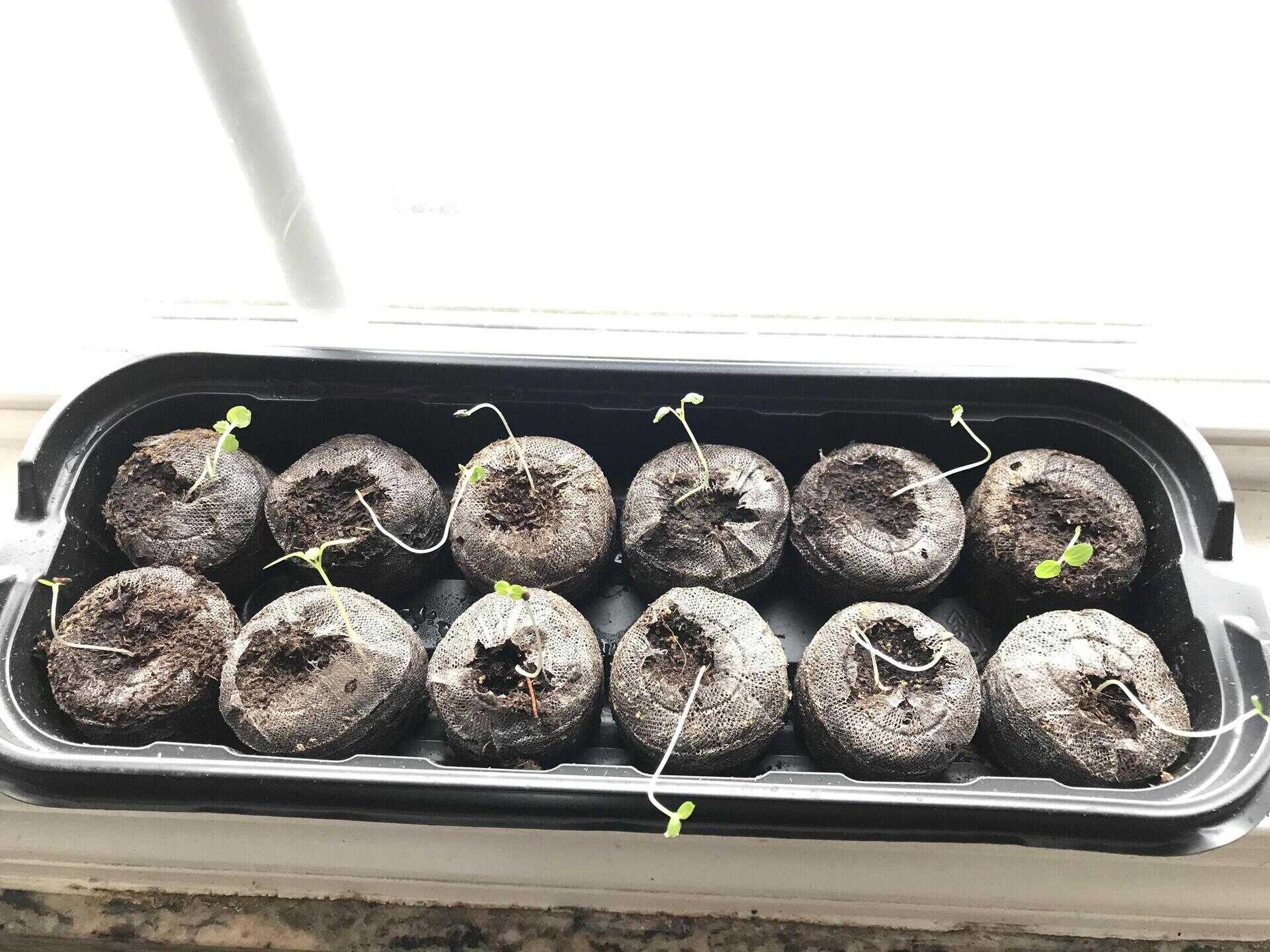
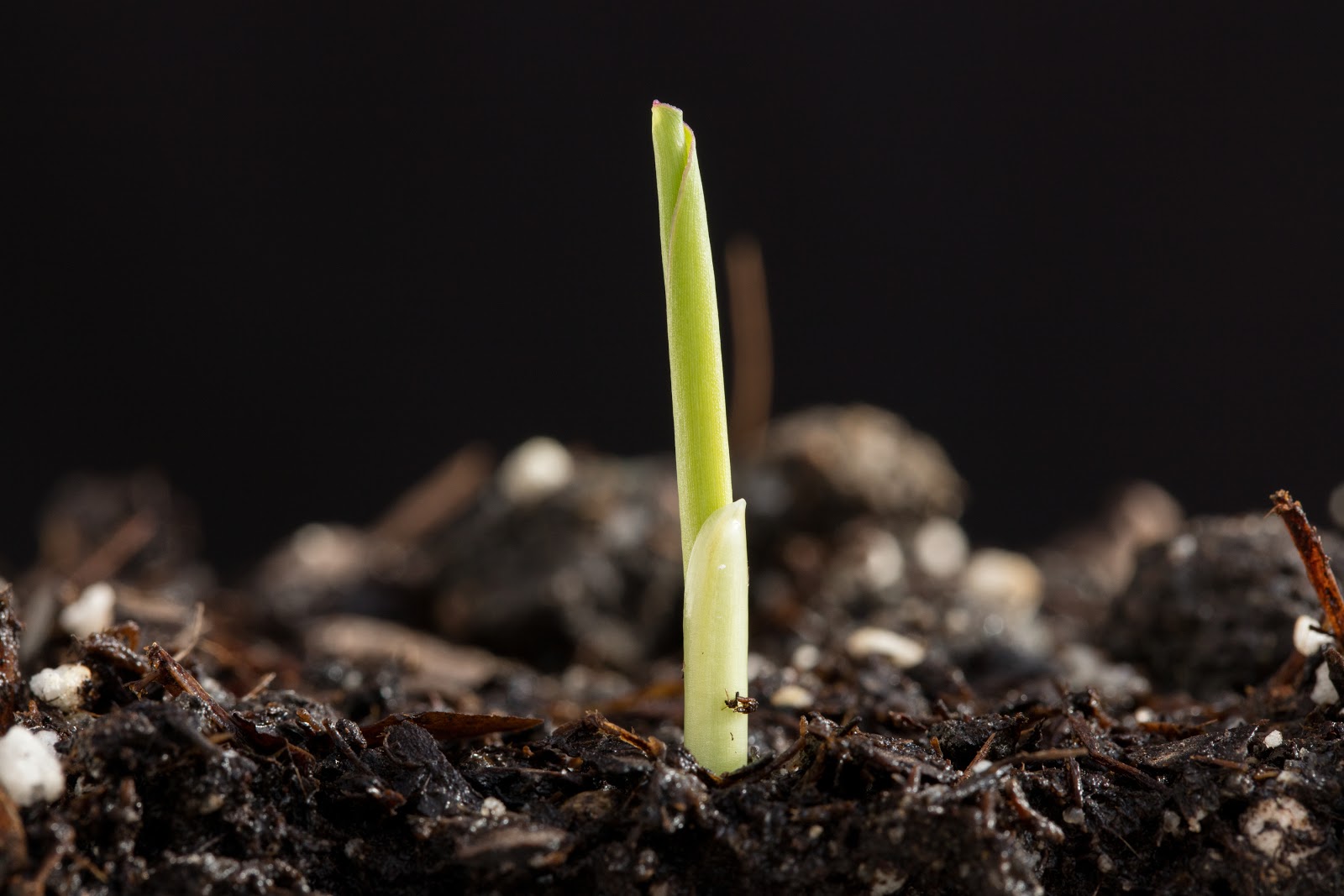
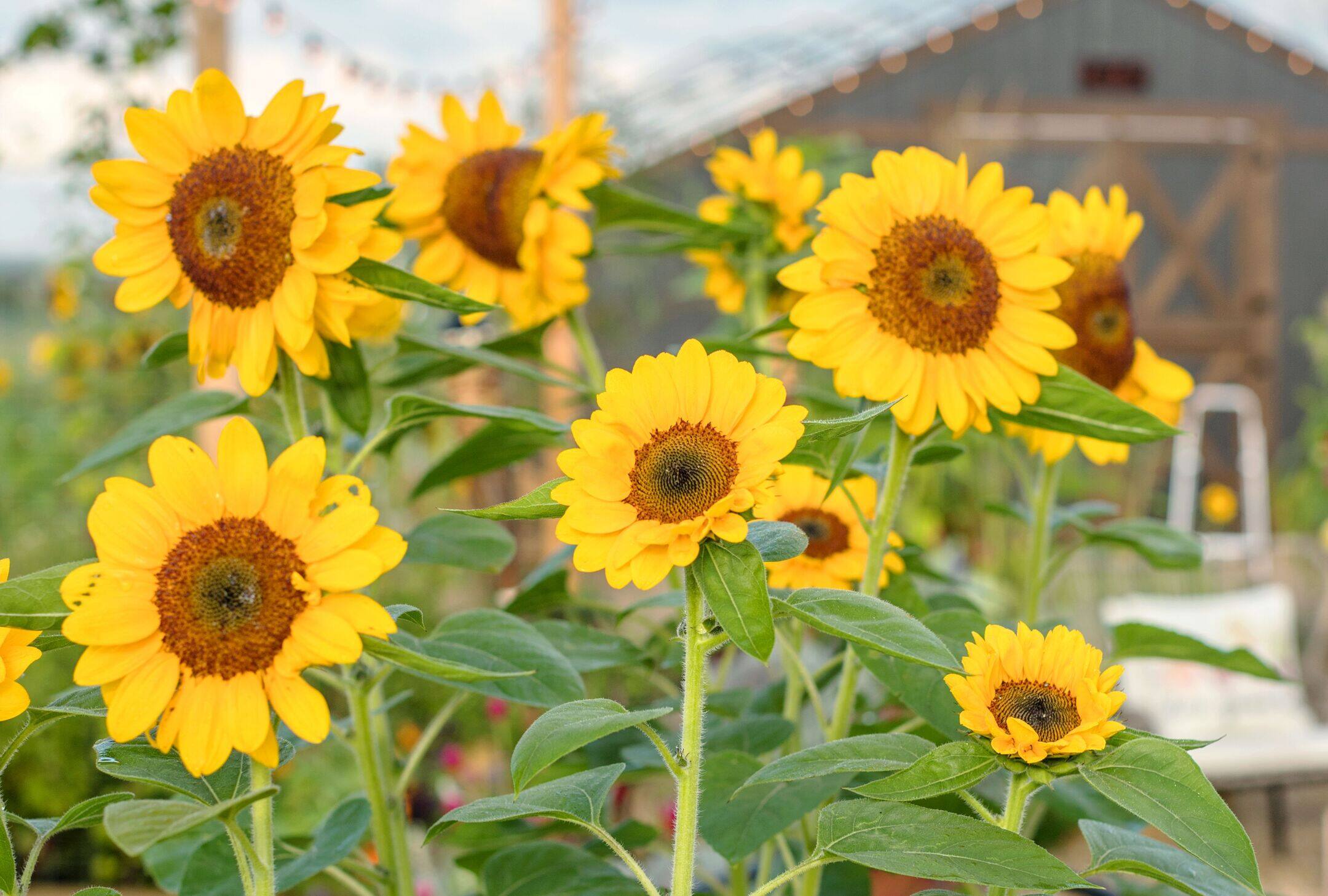
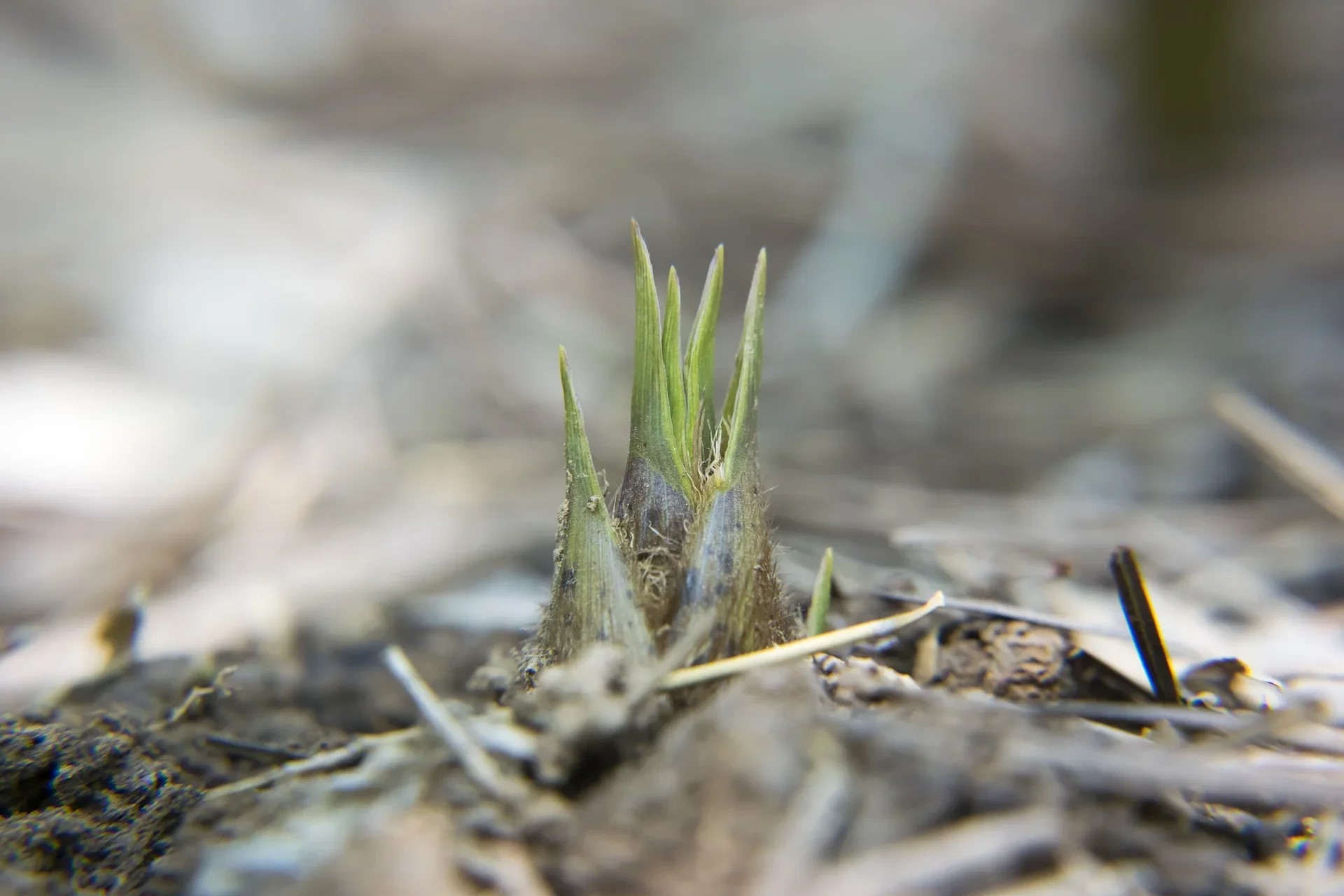
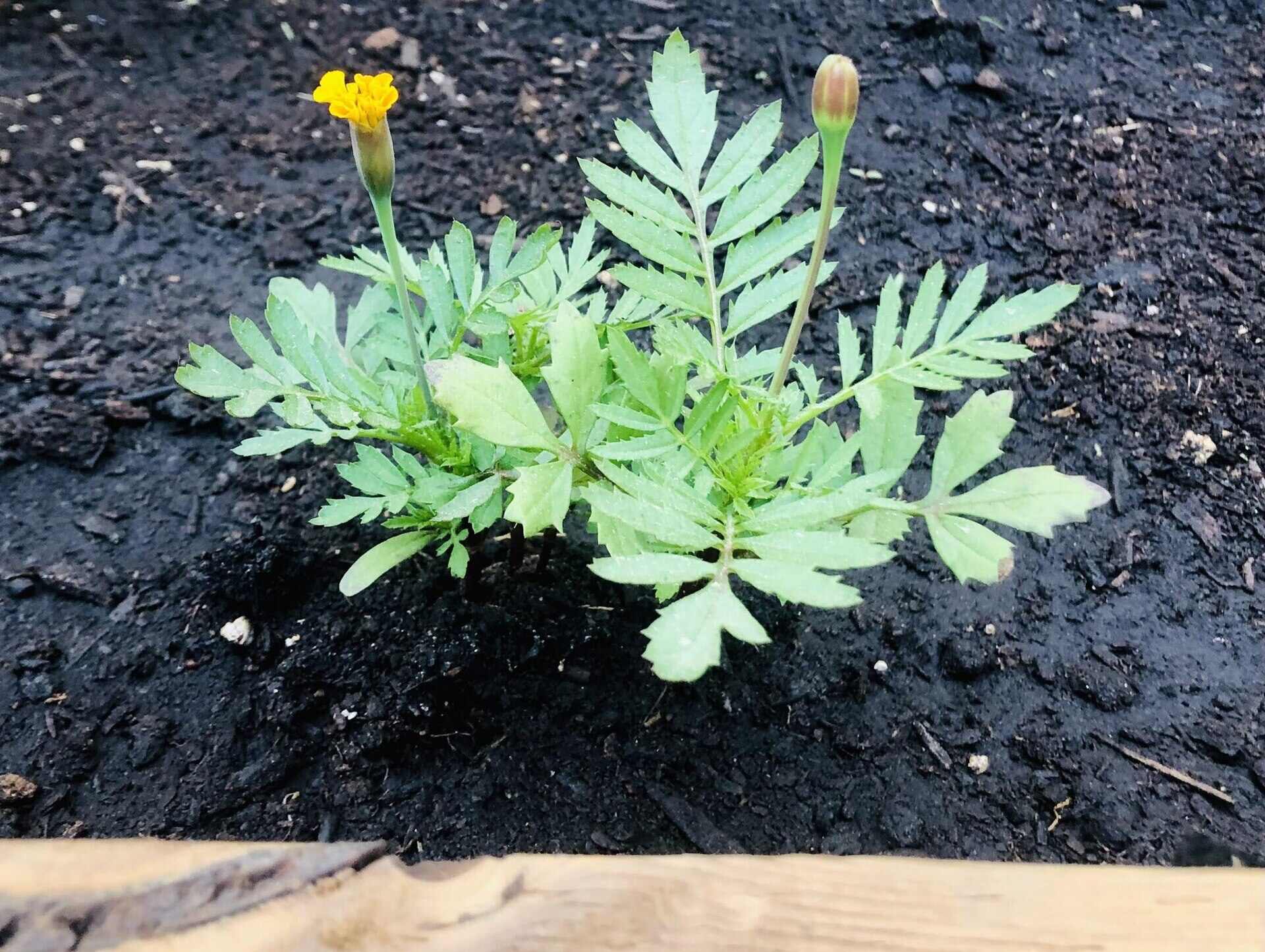
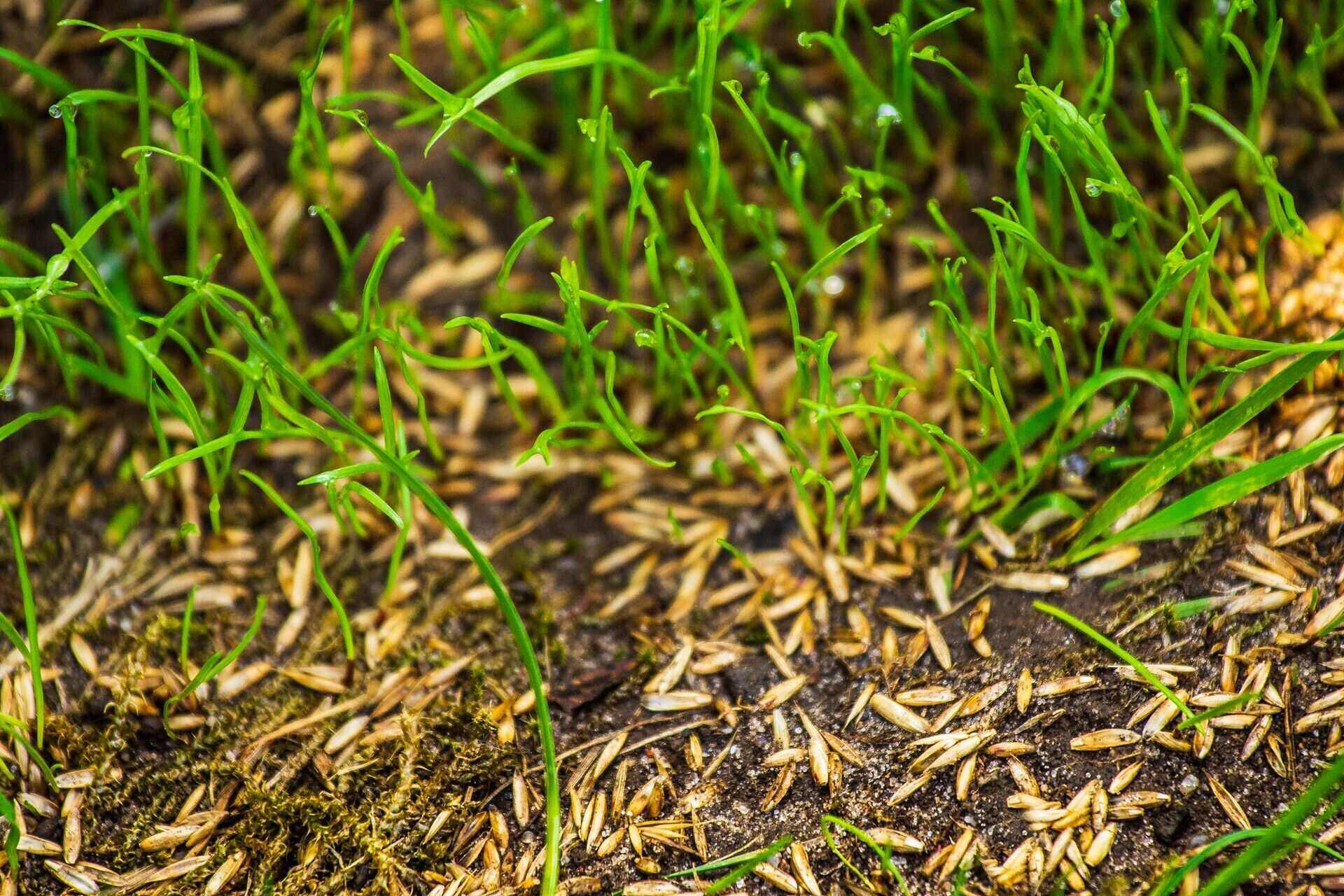
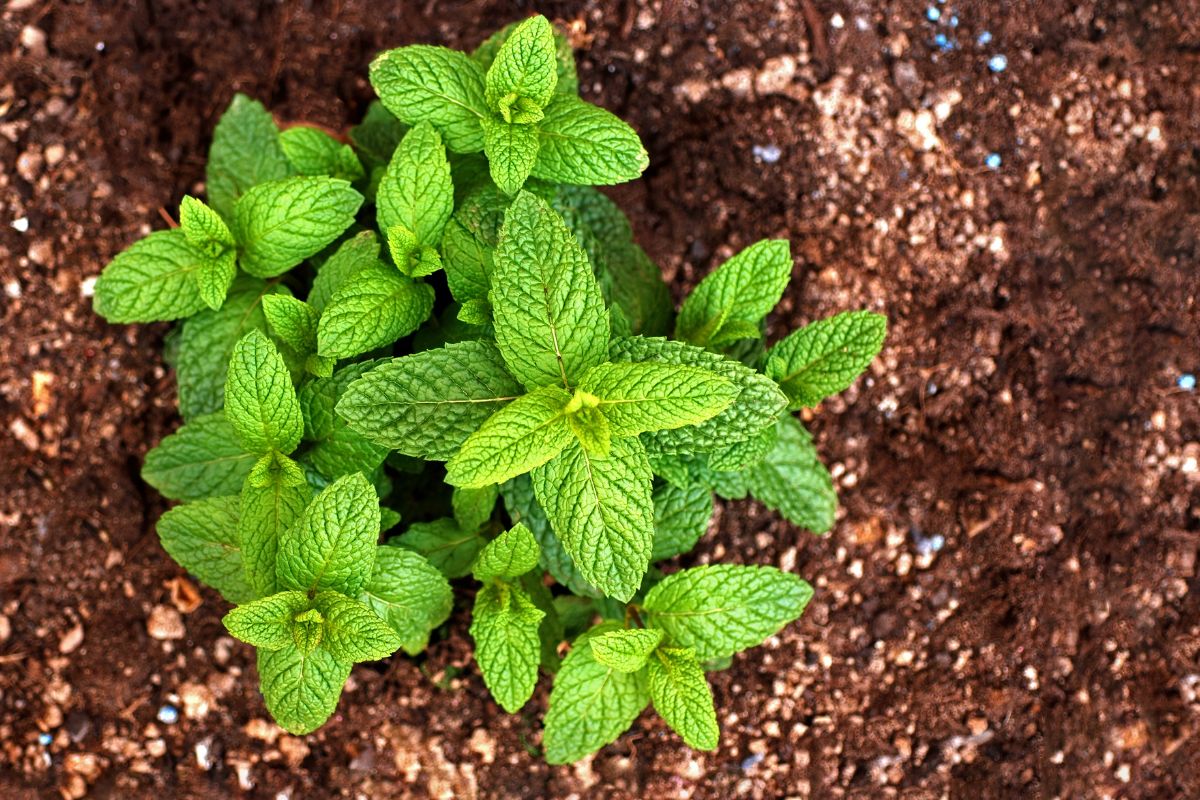

0 thoughts on “How Long Does It Take For Bermuda Grass To Grow From Seed”